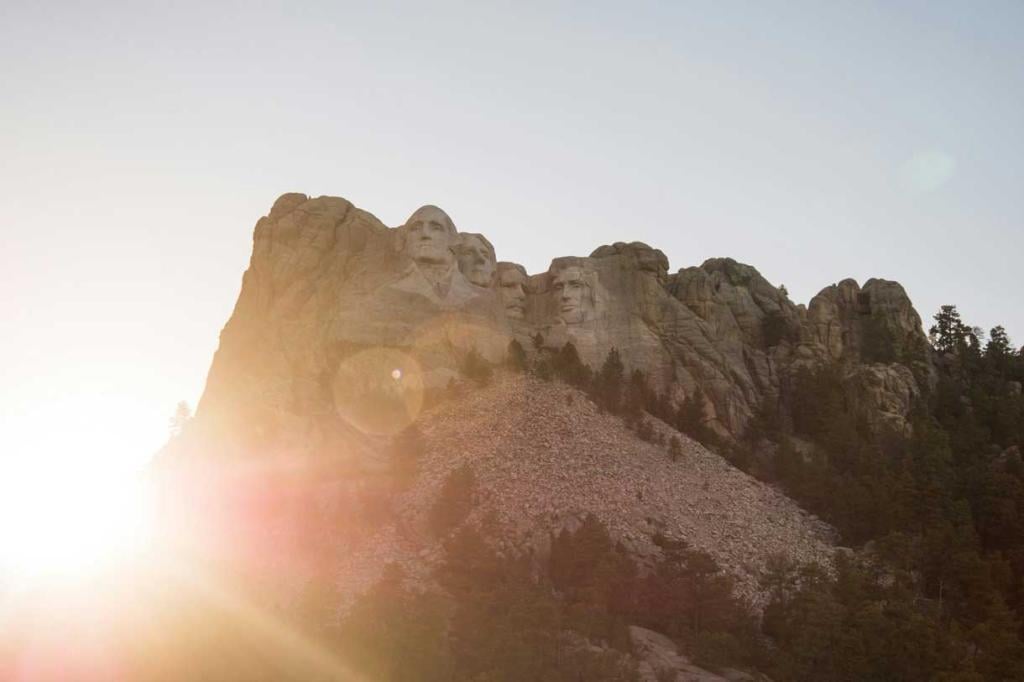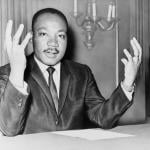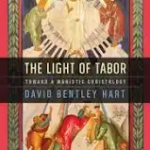
Civil Religion in America
Here I have been discussing Rodney Clapp’s book Living Out of Control—about the demise of “Christendom” and how American Christians need to see that as a benefit and take advantage of it to be the church God intends us to be.
All of the discussion and debate about that, here, raises the issue of “civil religion.” What is that and what does it have to do with Christendom?
The phrase “civil religion” was coined by Enlightenment political philosopher Jean Jacques Rousseau in the 18th century. However, it’s contemporary meaning in America is mostly set by sociologist Robert Bellah (and others who think like him).
A Devotion to the Declaration of Independence
For scholars, anyway, civil religion in America is a non-denominational and even non-religious (in the traditional sense of “the religions”) devotion to America’s civic traditions and the historic symbols that express them. It is a form of what some have called “symbolic realism.” It does not matter, for example, whether George Washington chopped down the family’s cherry tree; what matters is that Washington was a great American, a prototype of Americanism, of the beliefs and values of America such as democracy, equality of opportunity, freedom of thought and expression, etc.
But even more explicitly and specifically, civil religion in America is a devotion to the Declaration of Independence and to the US Constitution—as semi-sacred if not absolutely sacred documents.
Rough and Tumble Pluralism
In America, anyway, civil religion has historically, until recently, been tied together with a kind of vague monotheism, basically a deistic belief in a “providence” that has guided American leaders. Some might see that as a kind of (what I have here called) “soft Christendom.” The idea of the providential God was and, to some extent still is, borrowed from Christian deism (John Toland and Matthew Tindal, et al.). “In God We Trust”
The point of uncovering and exposing, expounding, civil religion has been to show that there IS a kind of quasi-religious “glue” that holds American society together in spite of rough and tumble pluralism.
National Symbols
Many types of scholars of American society have expressed serious concerns about American civil religion. Does it depend too much on a vision of transcendence, a morality attached to a vague, deistic form of Judaism and Christianity? Does it lead to a nationalism that ends in “American exceptionalism” where America is free to do things that America would condemn if other countries do them? Does it tend to replace real religions, leading them to accommodate to American culture and history, to replace their own histories and symbols and cultures with Americanism? So many criticisms of civil religion.
There can be very little serious doubt that American history and culture and society has been wrapped in some kind of civil religion insofar as our national symbols (e.g., the Lincoln Memorial in Washington, DC and the flag and I could go on and on naming them) have become sacred spaces, objects and times. Hushed reverence. Outrage. Passion. All can be predicted surrounding these national symbols.
What do you think?
Theologian Stanley Hauerwas has argued that as civil religion diminishes, some other “glue” has taken its place or is used to give it new life. That new glue is war. (See his book War and the American Exception.) We Americans treat our wars as sacred events, our military members as martyrs (when they are killed in the line of duty), etc. To criticize an American war is tantamount to heresy.
Is civil religion enough? Enough to support real morality in public spaces? Even Bernie Sanders, non-religious by his own confession, quotes the Bible against Republican ideas.
Well, so much more could be said and asked about civil religion. What do you think?
*Note: If you choose to comment, make sure your comment is relatively brief (no more than 100 words), strictly on topic, addressed to me, civil and respectful (not hostile or argumentative), and devoid of pictures or links. Know that not all even valid and reasonable comments get posted here. Consider the comment section like a newspaper opinion page with “letters to the editor.” Not all submitted ones get published. No one has a right to have his or her comment posted here.*












